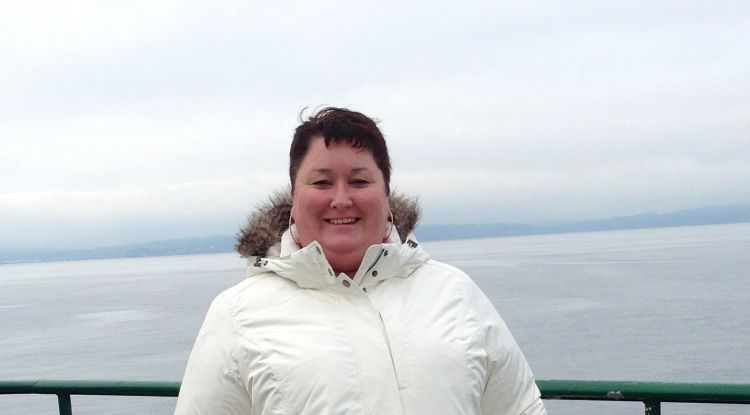The southern ocean carbon and climate observations and modeling project

Speaker: Joellen L. Russell, PhD
1885 Society Distinguished Scholar
associate department head, geosciences (Interim)
associate professor, Departments of Geosciences and Planetary Science
University of Arizona
The Southern Ocean Carbon and Climate Observations and Modeling Project (SOCCOM)
Heat and carbon dioxide exchange between the atmosphere and ocean is a major control on Earth’s climate under conditions of anthropogenic forcing. The Southern Ocean south of 30°S, occupying just over 1/4 of the surface ocean area, accounts for a disproportionate share of the vertical exchange of properties between the deep and surface waters of the ocean and between the surface ocean and the atmosphere. Understanding the physical and biogeochemical processes that determine the Southern Ocean’s mean state, variability, and response to external forcing is therefore critical to our understanding of the climate system as a whole, and for reducing uncertainties in climate projections. Global climate model simulations, however, differ greatly in the Southern Ocean. The Southern Ocean Carbon and Climate Observations and Modeling (SOCCOM) is a 6-year observational and modeling research project focused on the role of the Southern Ocean in the anthropogenic carbon budget, ocean biogeochemistry, and climate change. The operational goal of SOCCOM is to deploy nearly 200 Argo-compatible biogeochemically-sensored (BGC) profiling floats equipped with pH, oxygen, nitrate and bio-optical sensors throughout the Southern Ocean waters south of 30°S. These climate-ready BGC-floats are calibrated at the time of deployment by high accuracy biogeochemical measurements, and they operate year around, including in ice-covered waters. The data from the BGC-floats is being assimilated by a Southern Ocean State Estimate (SOSE) model that incorporates biogeochemical processes, and this gridded SOSE output is used to constrain high-resolution coupled atmosphere-ocean model simulations designed to both increase our understanding of Southern Ocean processes and to reduce the uncertainty of projections of the future trajectory of the Earth’s carbon, climate and biogeochemistry. Recent results of SOCCOM as well as the exciting next steps being developed will be presented.